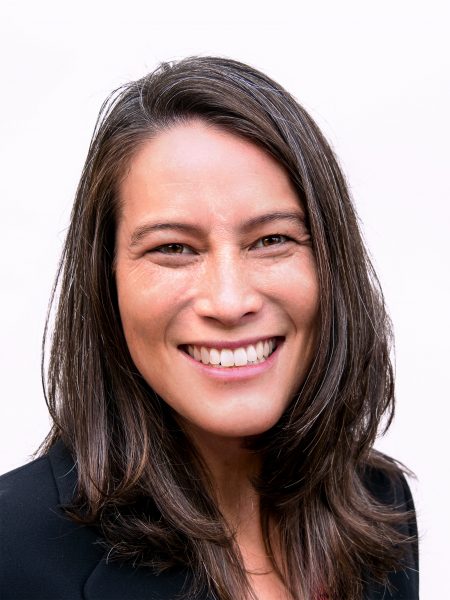 The Department of Communication Studies welcomes its newest faculty member, Assistant Professor Elizabeth Parks. She arrived in Fort Collins this summer, after teaching at the University of Minnesota Duluth and Central Oregon Community College as a tenure-track assistant professor. Parks received her M.A. and Ph.D. in Communication from the University of Washington, and her M.A. in Deaf Studies: Cultural Studies from Gallaudet University.
The Department of Communication Studies welcomes its newest faculty member, Assistant Professor Elizabeth Parks. She arrived in Fort Collins this summer, after teaching at the University of Minnesota Duluth and Central Oregon Community College as a tenure-track assistant professor. Parks received her M.A. and Ph.D. in Communication from the University of Washington, and her M.A. in Deaf Studies: Cultural Studies from Gallaudet University.
Hired as a race, ethnicity and dialogue faculty member, Parks’s scholarship focuses on listening and difference. She studies the ethics of listening in diverse cultural settings,exploring how values and practices may shift or change based on individual or community identity.
Growing up as a person of color in a small town in the mid-west, Parks has always found dialogue, communication and language fascinating. Initially pursuing a career as an American Sign Language interpreter with the Deaf community for several years, Parks realized that there was a lack of inclusion and equity for the Deaf cultural community in the United States.
“I was already interested in different cultures as I had spent a lot of time negotiating cultural differences growing up as a mixed-race person in a small town, but it was after really engaging the Deaf community that I realized that people were not understanding the differences between auditory and visual cultures,” said Parks.
Parks began pursuing graduate studies in sign language linguistics. This led her to join an international non-governmental organization to explore how many different signed languages are used in the Americas. Parks did ethnographic research throughout Latin America and the Caribbean, engaging with Deaf communities to increase recognition and support of the varieties of visual languages they used.
“I spent the majority of my time figuring out how these groups understood their community boundaries and how they saw themselves in their own cultural contexts,” said Parks. “I was able to use this information to help these people connect with different organizations and gain support for the development needs they might have and want to pursue.”
Reflecting on her experiences, Parks was fascinated that many of the people and communities she had connected with felt they were not being listened to. From those in the Deaf communities that she worked with to her own colleagues, the message was consistent.
“I couldn’t make sense of sitting across from so many people explaining to me that no one is listening to them when I was right there listening,” Parks said. “It was the idea that people felt they weren’t being heard in the way that they wanted to be that motivated me to go back to grad school to figure this non-listening epidemic out.”
Parks is teaching Co-Cultural Communication and Intercultural Competence this semester and will soon be releasing a book titled, The Ethics of Listening: Creating Space for Sustainable Dialogue. This book discusses her research which examines the way people value and practice listening across difference in a variety of communities and cultures.
Along with Professor Martín Carcasson and Assistant Professor Katie Knobloch, Parks will be a key faculty member working with the Center for Public Deliberation (CPD), focusing on improving and expanding how the CPD approaches dialogue in its deliberative practices.
“I am so excited to work with such an amazing team of people,” said Parks.
“My goal is to help refine the dialogue process and hopefully have a group of diverse people who can sit around a table and know that they are being heard and understood, even if they don’t agree. What is most important to me is that I can help create a brave space, in a community that I love, where people know that they are wanted, included and that we really can do life better together.”